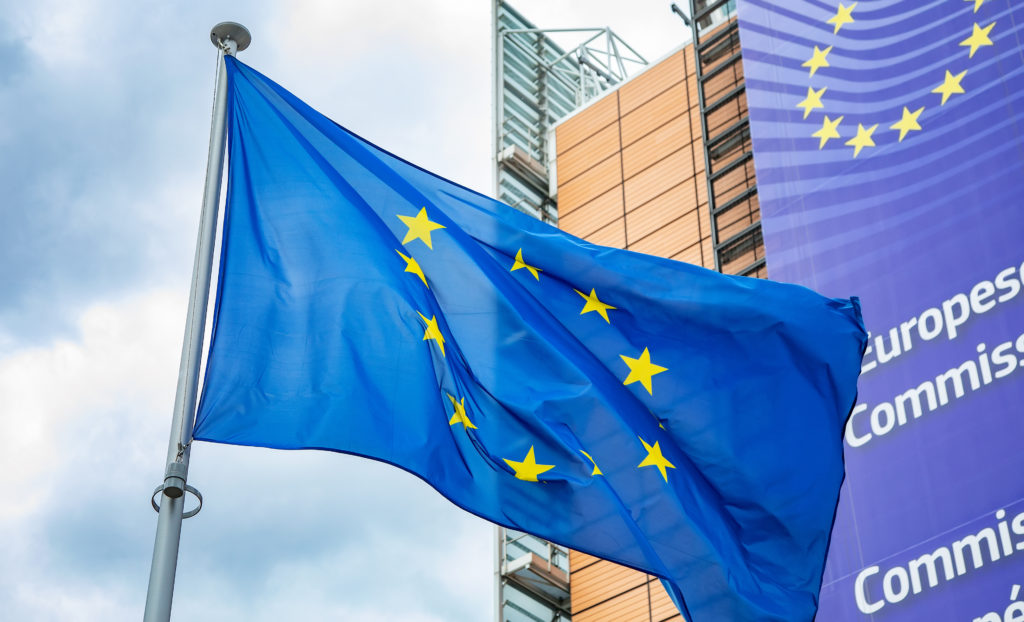The political landscape in the United Kingdom has undergone a significant transformation in the eight years since the Brexit referendum. The economic, social, and political repercussions of leaving the European Union (EU) are now more apparent than ever, leading to growing calls for reconsidering the UK’s position in Europe. With the recent election of a Labour government, there is an opportunity for the country to reevaluate its relationship with the EU, particularly in terms of rejoining the single market.

Since Brexit, the UK has faced numerous economic challenges, including reduced trade, increased bureaucracy, and slowed economic growth. Businesses, especially those involved in export, have struggled with the complexities of new customs regulations and tariffs, which have eroded their competitiveness. The single market, which ensures the free movement of goods, services, capital, and people across member states, was once a key pillar of the UK’s economic success. By rejoining the single market, the UK could restore much of the economic stability and prosperity it once enjoyed.
The Labour government must recognise that the decision to leave the EU has had profound consequences on both the UK’s domestic economy and its global standing. British businesses have been hampered by trade barriers, and sectors such as manufacturing, agriculture, and financial services have suffered from reduced access to EU markets. Moreover, the weakening of the pound and the overall uncertainty in trade relations have contributed to inflationary pressures and a cost-of-living crisis that has affected millions of households across the country. Rejoining the single market could provide much-needed relief by reinvigorating trade flows, increasing investment, and stabilising the currency.
Beyond the economic argument, there is a growing social and political sentiment in favour of closer ties with Europe. Many who voted for Brexit were driven by concerns over sovereignty and immigration, yet in the years following the vote, a significant portion of the population has come to see the benefits of EU membership. Younger generations, in particular, are overwhelmingly pro-European, and opinion polls suggest that a majority of Britons now regret the decision to leave. This shift in public opinion presents an opportunity for the Labour government to act in alignment with the will of the people and explore a pathway back to greater European integration.
Rejoining the single market is not just about reversing economic damage; it is also about positioning the UK as a major player on the global stage. The EU remains one of the world’s largest trading blocs, and aligning with its standards and regulations would enable British industries to compete effectively within a market of over 400 million consumers. Additionally, close cooperation with the EU on issues such as climate change, digital regulation, and foreign policy would enhance the UK’s global influence and diplomatic standing.
However, rejoining the single market is not without its challenges. The political complexities of renegotiating the UK’s status within Europe would require careful diplomacy and strategic vision. The Labour government would need to engage in constructive dialogue with EU leaders, acknowledging the realities of Brexit while seeking a pragmatic and mutually beneficial solution. Furthermore, rejoining the single market would likely require the UK to accept certain regulations, such as free movement of people, which could prove politically sensitive. Nevertheless, these challenges are not insurmountable, and the potential rewards far outweigh the risks.
Final Thought …
The Labour government faces a pivotal moment in determining the future direction of the UK. Eight years on from the Brexit referendum, the majority of British citizens are in favour of closer ties with Europe, and the economic evidence strongly supports rejoining the single market. While there are political and logistical hurdles to overcome, rejoining the single market would provide the UK with the opportunity to rebuild its economy, restore its global influence, and reflect the evolving will of the British people. The Labour government must seize this moment to bring the UK back into the heart of Europe, where it belongs.





